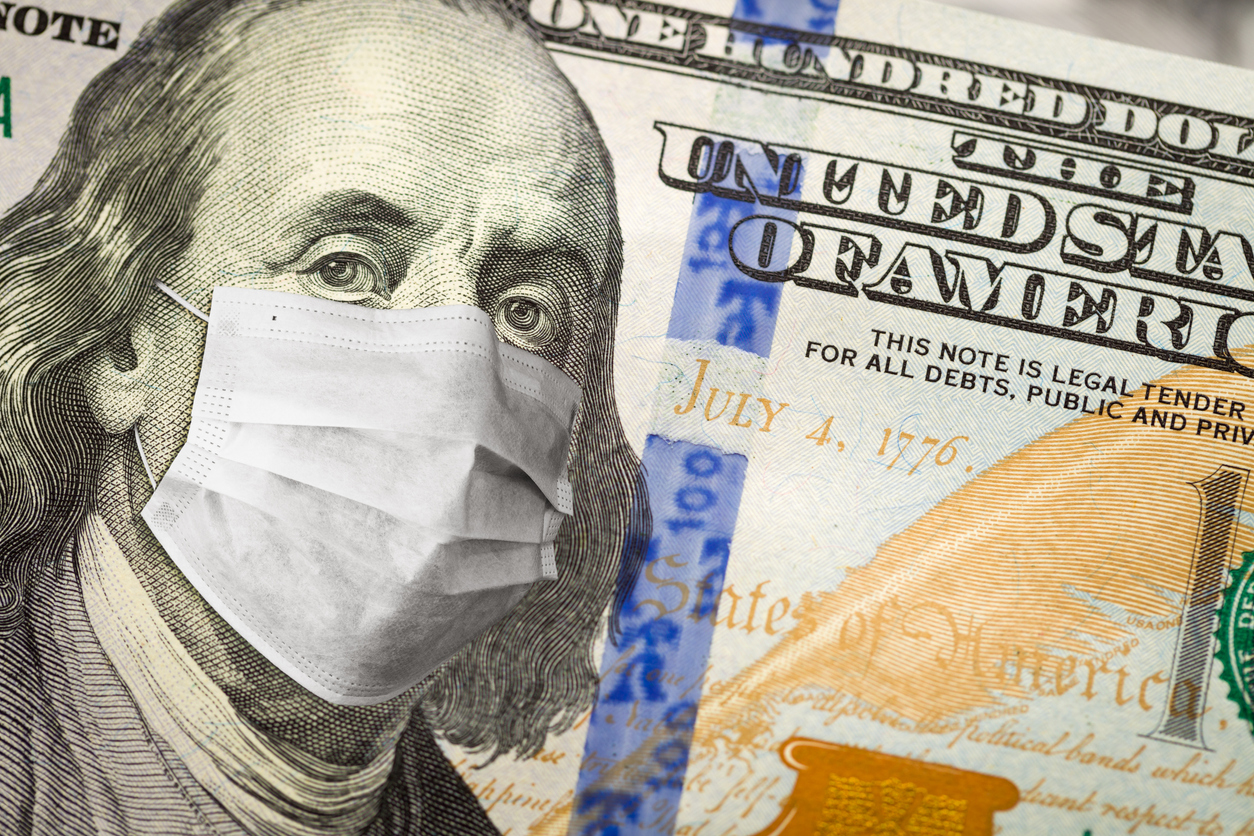U.S. Treasury and SBA released on May 13, 2020 the much-anticipated FAQ related to the “Economic Uncertainty” certification. They previously posted this guidance was pending on May 5, 2020 and is critical in timing as they had specified a May 14, 2020 compliance deadline.
A link for the full FAQ is included at the end. Below we have highlighted a key issue having to do with the good-faith certification requirement.
46. Question: How will SBA review borrowers’ required good-faith certification concerning the necessity of their loan request?
Answer: When submitting a PPP application, all borrowers must certify in good faith that “[c]urrent economic uncertainty makes this loan request necessary to support the ongoing operations of the Applicant.” SBA, in consultation with the Department of the Treasury, has determined that the following safe harbor will apply to SBA’s review of PPP loans with respect to this issue: Any borrower that, together with its affiliates, received PPP loans with an original principal amount of less than $2 million will be deemed to have made the required certification concerning the necessity of the loan request in good faith. SBA has determined that this safe harbor is appropriate because borrowers with loans below this threshold are generally less likely to have had access to adequate sources of liquidity in the current economic environment than borrowers that obtained larger loans. This safe harbor will also promote economic certainty as PPP borrowers with more limited resources endeavor to retain and rehire employees. In addition, given the large volume of PPP loans, this approach will enable SBA to conserve its finite audit resources and focus its reviews on larger loans, where the compliance effort may yield higher returns.
Importantly, borrowers with loans greater than $2 million that do not satisfy this safe harbor may still have an adequate basis for making the required good-faith certification, based on their individual circumstances in light of the language of the certification and SBA guidance. SBA has previously stated that all PPP loans in excess of $2 million, and other PPP loans as appropriate, will be subject to review by SBA for compliance with program requirements set forth in the PPP Interim Final Rules and in the Borrower Application Form. If SBA determines in the course of its review that a borrower lacked an adequate basis for the required certification concerning the necessity of the loan request, SBA will seek repayment of the outstanding PPP loan balance and will inform the lender that the borrower is not eligible for loan forgiveness. If the borrower repays the loan after receiving notification from SBA, SBA will not pursue administrative enforcement or referrals to other agencies based on its determination with respect to the certification concerning necessity of the loan request. SBA’s determination concerning the certification regarding the necessity of the loan request will not affect SBA’s loan guarantee.
As borrowers review this information, we advise them to also refer back to Treasury’s related FAQ’s on Economic Uncertainty (#31, #37, #38, and #43) and recommended documentation records, referenced in our previous blog post where we discussed the extension of PPP loan repayment deadlines.
If you have any questions about these FAQs or what you need to do to maximize your PPP loan forgiveness, speak to your tax and accounting advisor. If you do not have an advisor and need assistance with your tax planning, Anglin’s Tax Advisory Services team can help.
Stay up-to-date on business and tax impacts of this pandemic through our Coronavirus Resource page where we have compiled updates and resources.

